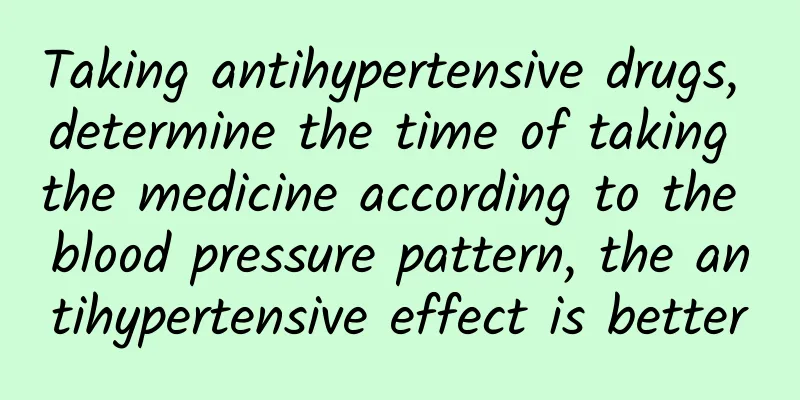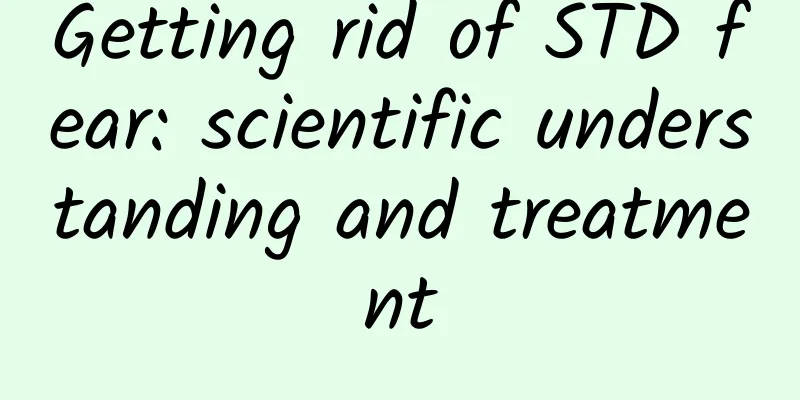Taking antihypertensive drugs, determine the time of taking the medicine according to the blood pressure pattern, the antihypertensive effect is better

|
A patient with high blood pressure told Huazi that he used to take amlodipine every day, but his blood pressure has been a little unstable recently, so the doctor added telmisartan. He asked Huazi how to take the two medicines, should they be taken together in the morning or separately in the morning and evening? Hua Zi said that both are long-acting antihypertensive drugs, and for most people, there is no problem taking them together. However, if you can determine the time of taking the medicine according to the law of your blood pressure fluctuations, the antihypertensive effect will be better. 1. Long-acting antihypertensive drugs are preferred for hypertension The benefits of hypertension treatment come from lowering blood pressure itself. However, while controlling blood pressure to meet the target, it also needs to be stable. Because short-acting antihypertensive drugs can cause large fluctuations in blood drug concentrations, which in turn cause large fluctuations in blood pressure, which can easily induce cardiovascular and cerebrovascular accidents, long-acting antihypertensive drugs are usually preferred when antihypertensive treatment is used. Among the commonly used antihypertensive drugs, it should be noted that nifedipine tablets in the dipine class, captopril in the pril class, metoprolol tartrate in the lol class, and commonly used diuretics are short-acting antihypertensive drugs. Most other drugs such as "dipines" and "prils", and all sartan drugs are medium- and long-acting drugs. 2. Take antihypertensive drugs according to blood pressure rules The human body's blood pressure fluctuates regularly every day, usually at 8-10 a.m. and 4-6 p.m., with two peaks. During sleep at night, the blood pressure reaches a trough. "Two peaks and one trough" is the normal blood pressure pattern of the human body. About 70% of hypertensive patients have normal blood pressure patterns. People with normal blood pressure can take long-acting antihypertensive drugs on an empty stomach after getting up in the morning. This can control high blood pressure during the day, and when falling asleep at night, the blood drug concentration decreases, which can avoid causing low blood pressure at night. If you take diuretics, it is recommended that you take them in the morning or at noon, and not before bedtime, to avoid disrupting your sleep due to getting up at night to urinate. However, some people have irregular blood pressure, with no obvious peak during the day, but blood pressure rising at night, or a "morning peak" in the early morning, which increases the probability of cardiovascular and cerebrovascular diseases at night or in the early morning. In this case, long-acting antihypertensive drugs need to be taken before bedtime, which can better control blood pressure at night and in the early morning. When people with high blood pressure monitor their blood pressure daily, they need to measure it in the morning and afternoon when their blood pressure peaks, and use the highest blood pressure value of the day to evaluate the effect of medication. If conditions permit, it is best to do 24-hour dynamic blood pressure monitoring, which can evaluate blood pressure fluctuations throughout the day, reveal rhythmic characteristics, and help clarify the time to take medication. 3. What to do if hypotension occurs after a meal Some elderly people may experience hypotension after a meal, which manifests as dizziness, fatigue, blurred vision, etc. 30 to 60 minutes after a meal. If relevant symptoms occur, it is recommended to monitor blood pressure before and after meals. If blood pressure is found to be lower after a meal, antihypertensive drugs that are taken on an empty stomach before a meal can be taken 2 hours after a meal to reduce the occurrence of hypotension. If the antihypertensive drugs you take include terazosin, prazosin and other alpha-receptor blockers, they will cause significant vasodilation and orthostatic hypotension. Therefore, such drugs should be taken before bedtime, and you should lie flat and fall asleep directly after taking the drugs to avoid dizziness and falls caused by orthostatic hypotension. In summary, taking medication regularly is the most effective way to treat high blood pressure. Choosing long-acting antihypertensive drugs during treatment can maintain a stable blood pressure reduction and reduce accidents. People who have the conditions are recommended to do 24-hour dynamic blood pressure monitoring and determine the medication time according to the blood pressure fluctuation pattern to achieve a better blood pressure reduction effect. Drugs must be used under the guidance of a doctor. If you have any questions about medication, please consult a doctor or pharmacist. I am pharmacist Huazi, welcome to follow me and share more health knowledge. |
>>: Why does the peeled fish still have skin? What is the peeled fish called?
Recommend
Causes of miscarriage in 4 months of pregnancy
In today's society, there are many reasons fo...
How to treat spots on pregnant women's faces
Recently, I often hear people around me asking ho...
Right breast has a little pain
If the right breast is slightly painful when plac...
How to have an abortion in one month of pregnancy
One month into pregnancy, the fetus is still not ...
Is it okay to use tampons?
Whether tampons are useful or not depends on the ...
There is a hard lump on the vulva that hurts
Important reminder: Female friends are more conce...
Causes of acne on the chin, causes of acne on the chin in women
Many women have acne on their faces, and acne is ...
What causes spots on the breast?
Breasts are the second most important feature of ...
What should women do if their vagina is itchy? A combination of measures to solve the problem!
A woman's vagina is a very private part. This...
Sleepiness during pregnancy means a boy
Many women will experience various body changes i...
What to do if the room is dry and there is no water
Many women experience vaginal dryness during inte...
What are the benefits of moxibustion for women?
Moxibustion is the use of specific mugwort materi...
The reasons for irregular menstruation after childbirth will all be clear after reading this
Irregular menstruation is very common after givin...
What to do if you have mild cervical inflammation
Cervical inflammation is particularly depressing ...









